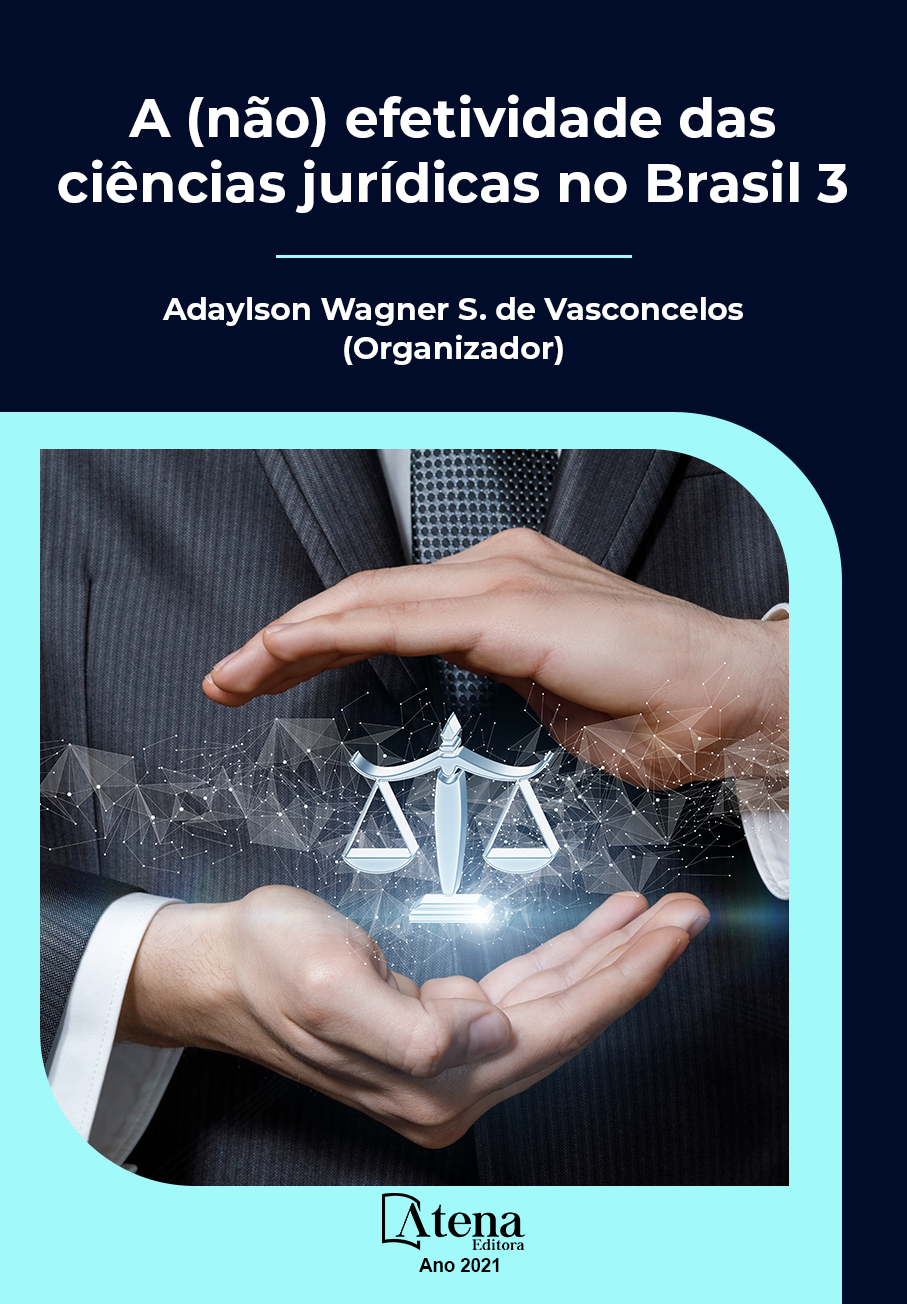
ANÁLISE DA INTERVENÇÃO DO AMICUS CURIAE EM RECURSOS ESPECIAIS REPETITIVOS JULGADOS PELO SUPERIOR TRIBUNAL DE JUSTIÇA
O fenômeno da litigiosidade em massa é claramente visto no Judiciário brasileiro, que se encontra abarrotado de demandas, as quais, na maioria das vezes, possuem teses idênticas, ou seja, tratam da mesma questão de direito. Para lidar com essa situação, foram criados instrumentos como o Recurso Especial Repetitivo, que permite que, em vez de se destinarem vários recursos especiais ao Superior Tribunal de Justiça (STJ), os tribunais locais selecionem dois ou mais recursos que representam a controvérsia e os enviem para julgamento pelo STJ, o que evita o congestionamento de processos e diminui a quantidade de tempo gasta com o julgamento de várias demandas com teses idênticas. Como se percebe, o julgamento do Recurso Especial Repetitivo é de extrema importância, pois pode afetar milhares de casos e, além disso, garante a unificação da jurisprudência. Nesse contexto, a figura do amicus curiae se destaca ao possibilitar que entidades e órgãos que não são parte nas ações julgadas emitam pareceres, promovendo a democratização do processo. Este artigo analisa o comportamento do amicus curiae ao participar de Recursos Especiais Repetitivos julgados pelo STJ.
ANÁLISE DA INTERVENÇÃO DO AMICUS CURIAE EM RECURSOS ESPECIAIS REPETITIVOS JULGADOS PELO SUPERIOR TRIBUNAL DE JUSTIÇA
-
DOI: 10.22533/at.ed.2482105074
-
Palavras-chave: Amicus curiae. Recurso Especial Repetitivo. Processo civil.
-
Keywords: Amicus curiae. Repetitive Extraordinary Appeal. Civil Procedure.
-
Abstract:
The phenomenon of mass litigation is clearly seen in the Brazilian judiciary, which is full of demands, which, in most cases, have identical theses. In order to deal with this situation, instruments such as the Special Repetitive Appeal have been created, which allows that instead of allocating several special appeals to the Superior Court of Justice (STJ), local courts select two or more appeals that represent the controversy and send them to be judge by the STJ, which avoids the congestion of lawsuits and reduces the amount of time spent on the judgment of several demands with identical theses. As can be seen, the judgment of the Repetitive Special Appeal is extremely important, as it can affect thousands of cases and, in addition, guarantees the unification of jurisprudence. In this context, the amicus curiae figure stands out by allowing entities and persons that are not parties to the actions judged to issue opinions, promoting the democratization of the process. This article analyzes the behavior of amicus curiae when participating in Special Repetitive Resources judged by the STJ.
-
Número de páginas: 11
- Fábio Gabriel Breitenbach
- Carolina Cavalcante de Alencar


